The President plays a very important part in the Polish legal system. His rights and obligations of are determined by the Constitution of the Republic of Poland (passed in April 1997). In accordance with the current Constitution, the President of the Republic of Poland is the head of state, the supreme representative of Poland and the guarantor of the continuity of government. This means that the President heads the executive authority, is appointed to represent Polish interests on the international arena, ensures the observance of the Constitution, and is responsible for the security of the state.
The President calls elections to Sejm and Senate, and in extraordinary situations has the right to shorten their terms. He can call a national referendum in matters important for the state, requiring the decision of all the citizens (one such referendum will decide the issue of Poland's accession to the European Union).
The President has a free choice in selecting the Prime Minister, yet in practice he usually does not give the task of forming a new government to a politician who does not command a majority in Sejm.
The President has the opportunity to directly influence the legislative process by using his veto to stop a bill; however, his veto can be overruled by a 3/5 majority vote in the presence of at least half of the statutory number of members of Sejm (230). Before signing a bill and making it law, the President can also ask the Constitutional Tribunal to verify its compliance with the Constitution, which in practice bears a decisive influence on the legislative process
In his role of supreme representative of the Polish state, the President ratifies and revokes international agreements, nominates and recalls ambassadors, and accepts the accreditation's of representatives of other states. The President also makes decisions on the award of state distinctions and orders. In addition, he has the right of clemency, viz. he can dismiss final court verdicts (in practice, the President consults such decisions with the Minister of Justice).
The President is also the Supreme Commander of the Armed Forces; he appoints the Chief of General Staff and the commanders of all the armed forces; in wartime he nominates the Commander-in-Chief of the Armed Forces and can order general mobilisation. The President performs his duties with the help of the following offices: the Chancellery of the President, the Office of National Security, and the Body of Advisors to the President.
BR100
15,103
Increased By
140.9 (0.94%)
BR30
42,619
Increased By
540.8 (1.29%)
KSE100
148,196
Increased By
1704.8 (1.16%)
KSE30
45,271
Increased By
438.2 (0.98%)


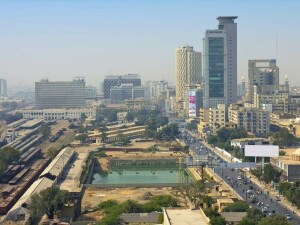












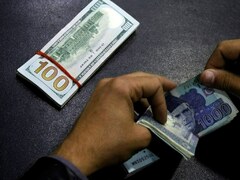
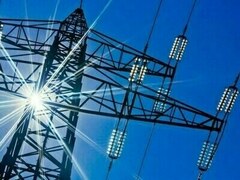
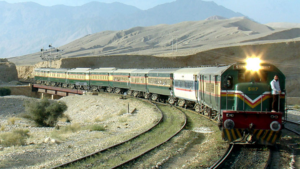

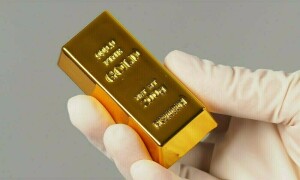


Comments
Comments are closed.